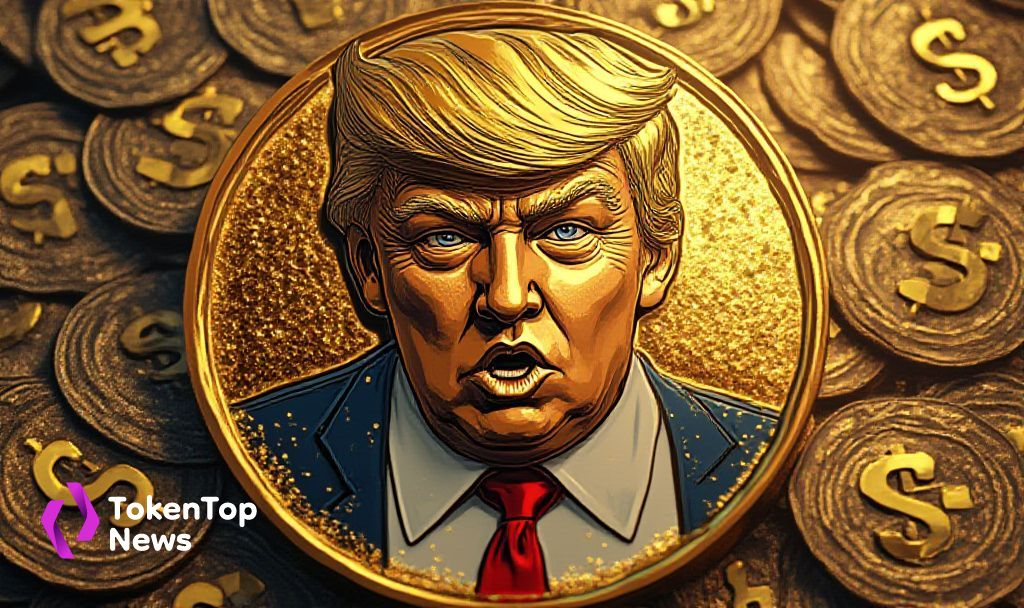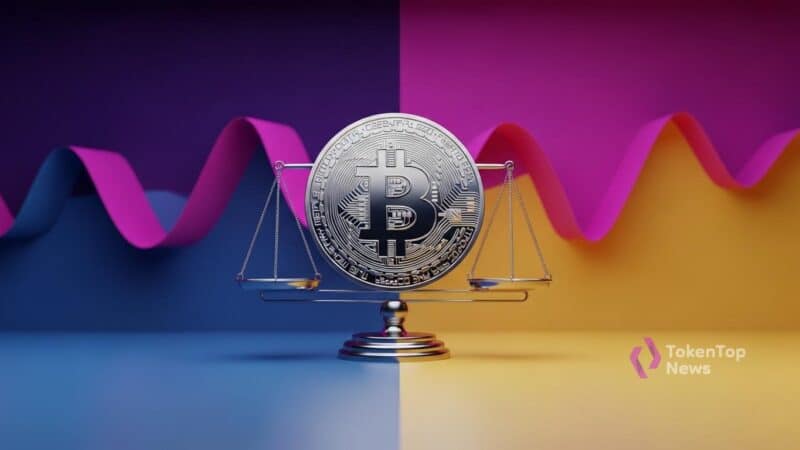Cryptocurrency Branded ‘Ultimate Swamp Asset’ by The Economist
- The Economist labels cryptocurrency as “ultimate swamp asset,” affecting political fundraising.
- Cryptocurrency’s political influence impacts, notably TRUMP token.
- Political ties alter crypto’s original revolutionary stance.

The Economist’s Viewpoint
The report suggests cryptocurrencies are deviating from their decentralized financial origins to become tools for political influence, especially through tokens like TRUMP used in fundraising.
In recent evaluations, cryptocurrencies such as the TRUMP token represent a shift towards political rent-seeking within the industry. This development intertwines digital assets with political power dynamics, diverging from their initial technological innovation promises.
“Ultimate swamp assets” is a critical expression used to describe those asset types that appear to be high-tech or financially innovative but are repurposed for rent-seeking and regulatory arbitrage. — John Prideaux, US Editor, The Economist
Prominent figures in the United States, including the Trump family, have been linked to significant cryptocurrency holdings used for political fundraising. This situation underscores a deepening connection between politics and crypto.
The immediate effects are noticeable within political and financial sectors. Cryptocurrencies like TRUMP are being utilized for lobbying efforts, affecting both U.S. policy frameworks and public perceptions negatively.
Financial and political implications are significant, particularly in the regulatory space. The increased scrutiny of political cryptocurrencies may lead to further regulatory interventions or legislative reviews in the industry to curb excessive influence.
The enduring impact resonates across the sector, highlighting a potential shift in attitudes towards cryptocurrency regulation. The Economist reports that insights suggest political connections might reduce public trust and amplify calls for stricter oversight.



